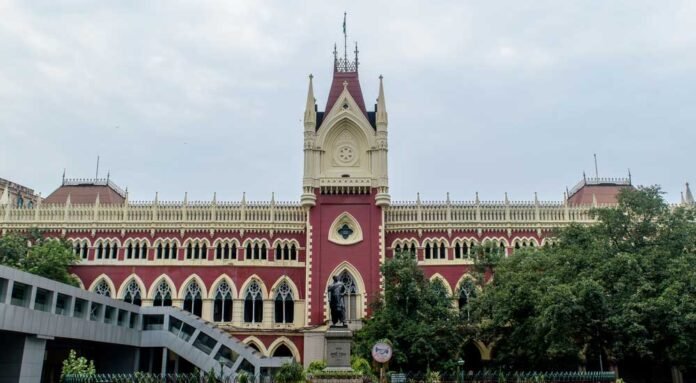The Calcutta High Court recently expressed deep concern over the deteriorating law and order situation in the state, particularly following a violent mob attack on a hospital in Kolkata. The incident, which has drawn widespread condemnation, underscores the fragile state of public safety and the apparent inability of the authorities to protect essential services from the wrath of unruly mobs.
The disturbing event occurred at one of Kolkata’s major hospitals, where an agitated mob stormed the premises in response to the death of a patient. The mob, consisting of the patient’s relatives and a large number of local residents, accused the hospital staff of negligence, which they claimed led to the patient’s death. In a fit of rage, they ransacked the hospital, attacked doctors and nurses, and vandalized medical equipment. The hospital was thrown into chaos, with several staff members left injured and traumatized.
This horrifying episode not only endangered the lives of the hospital staff but also put other patients undergoing critical treatment at risk. Medical services were brought to a standstill, exacerbating an already dire situation. The images and videos of the attack, widely circulated on social media, shocked the nation and raised serious questions about the security of healthcare institutions in West Bengal.
In response to a public interest litigation (PIL) filed against the state government for its failure to protect the hospital and its staff, the Calcutta High Court came down heavily on the authorities. The bench, comprising Chief Justice T.S. Sivagnanam and Justice Hiranmay Bhattacharyya, did not mince words in its criticism, describing the situation as a “sorry state of affairs.”
The court lambasted the state government for its apparent lack of preparedness and inefficiency in dealing with such incidents. It questioned how a mob could so easily breach the security of a hospital, which is supposed to be a protected space, especially in a metropolitan city like Kolkata. The judges expressed their frustration over the recurrent incidents of mob violence in the state, pointing out that this was not an isolated case but part of a disturbing trend.
The High Court’s remarks bring to the forefront the long-standing issue of law and order in West Bengal. Over the years, the state has witnessed numerous incidents of mob violence, often fueled by political rivalries, social tensions, or public outrage. These incidents have frequently led to the destruction of public property, injuries, and even fatalities.
What is particularly alarming is the seeming impunity with which these mobs operate. There is a growing perception that the state machinery is either unwilling or unable to act decisively against such lawlessness. This has led to a climate of fear and uncertainty, where citizens, especially those in vulnerable positions like healthcare workers, feel unsafe.
The attack on the Kolkata hospital is not just a law and order issue; it has far-reaching implications for the healthcare sector in the state. Hospitals are meant to be sanctuaries of healing, where patients and doctors can interact in a safe and secure environment. When this sanctity is violated, it undermines the entire healthcare system.
Doctors and healthcare workers are increasingly feeling the pressure, as incidents of violence against them have become more common. This not only affects their morale but also has a detrimental impact on patient care. The fear of violence could lead to a situation where doctors become hesitant to take up complex or high-risk cases, fearing backlash from aggrieved families in case of an unfavorable outcome.
In the wake of the High Court’s strong remarks, the state government has assured that it will take all necessary steps to ensure the safety of healthcare institutions. However, this assurance will be tested in the coming days as the government’s actions, or lack thereof, will be scrutinized.
To prevent such incidents in the future, it is imperative that the state government not only strengthens security in hospitals but also takes stringent action against those involved in mob violence. There should be a clear message that lawlessness will not be tolerated, and those who take the law into their own hands will face severe consequences.
The Kolkata hospital mob attack is a grim reminder of the challenges that lie ahead for the West Bengal government in maintaining law and order. The Calcutta High Court’s stern rebuke should serve as a wake-up call, not just for the state authorities but for society at large. It is time for collective action to ensure that such “sorry state of affairs” does not become the norm, but rather an aberration that is swiftly and decisively dealt with.

